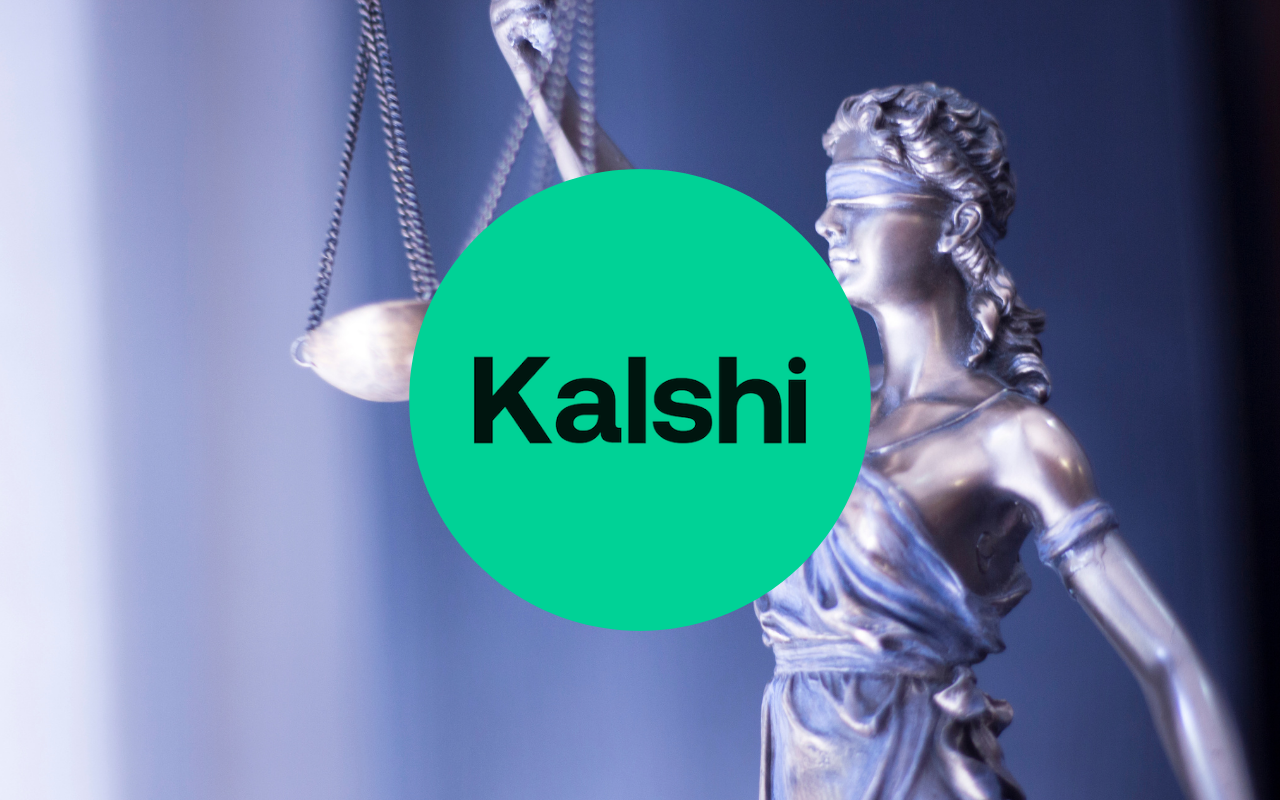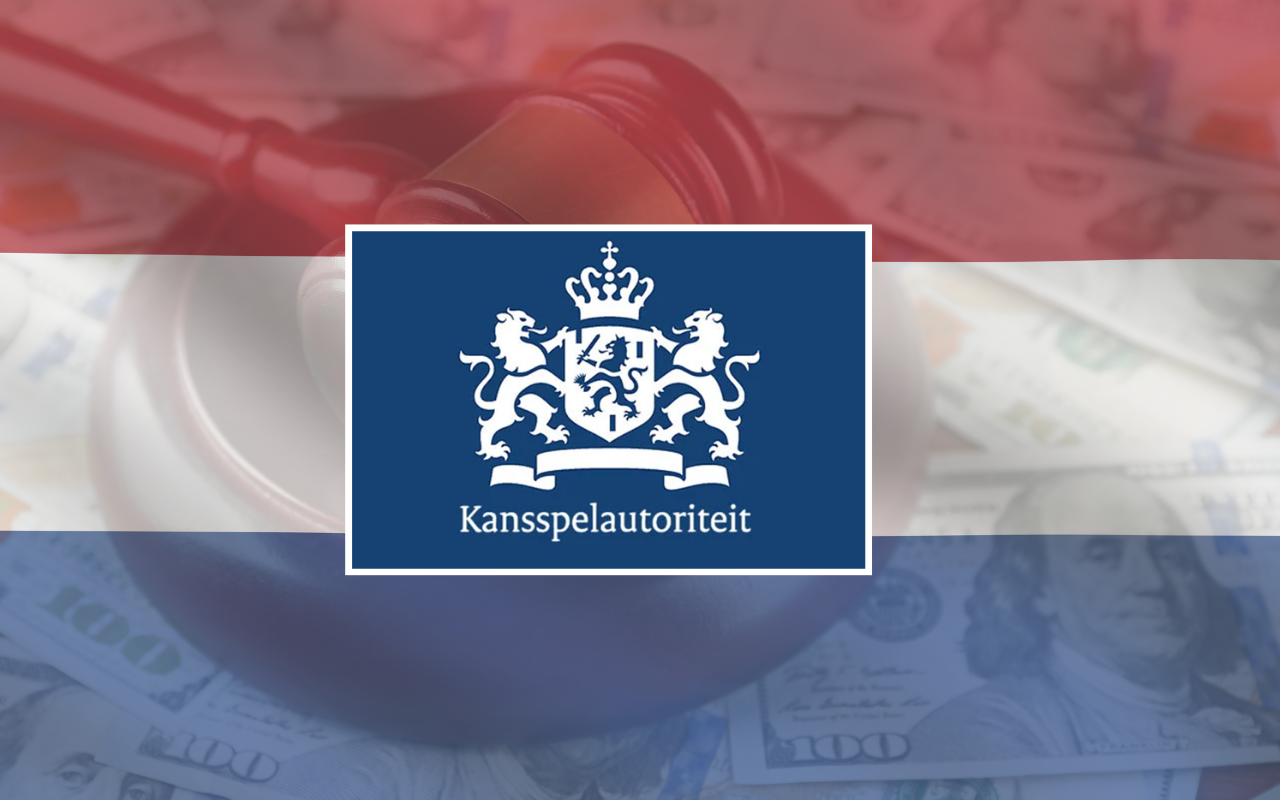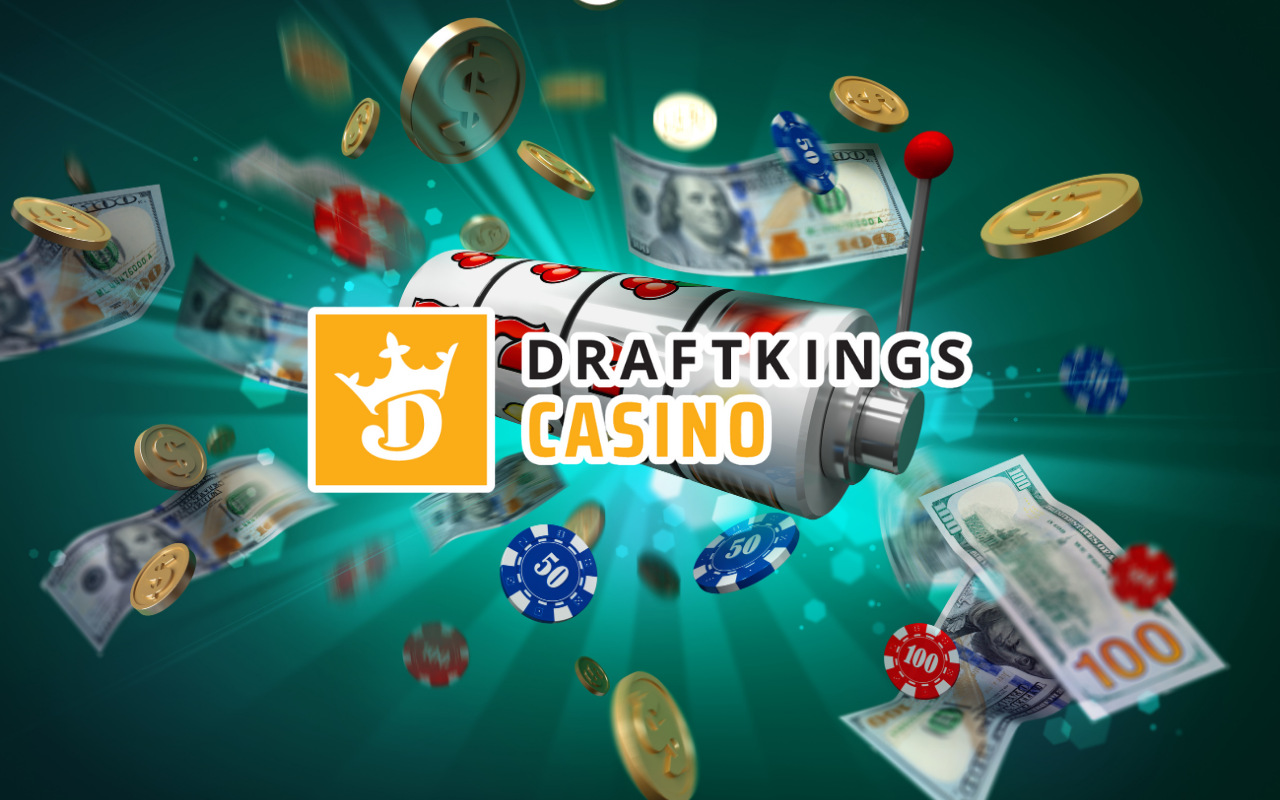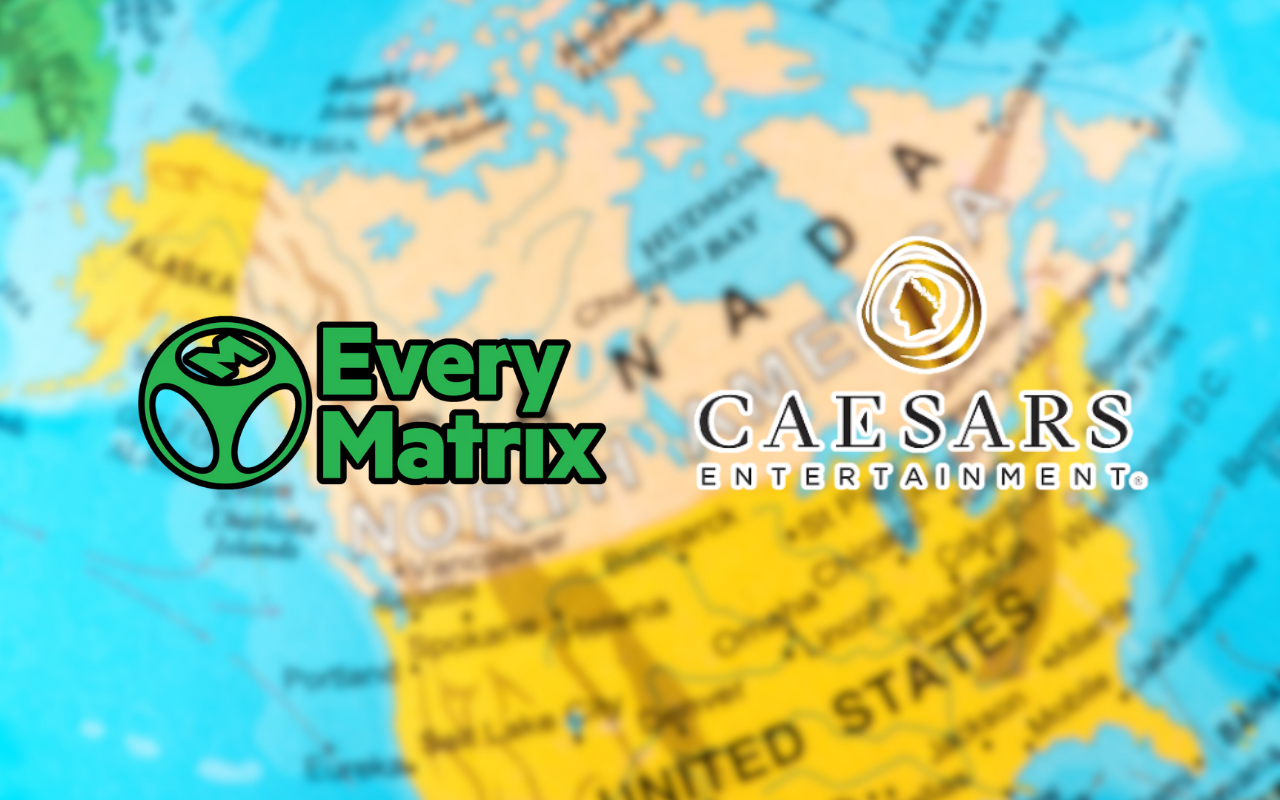Kalshi’s Legal Challenges in the Future Prediction Market

Kalshi’s Legal Challenges in the Future Prediction Market
- Kalshi secures a pivotal legal victory in Nevada
- The platform asserts its compliance with federal law
- Michigan joins the list of states scrutinizing the platform
Kalshi, a prominent player in the future prediction market, has achieved a significant breakthrough in its battle against gambling regulators across the United States, particularly in Nevada.
Kalshi Scores a Significant Legal Victory in Nevada
US District Court Judge Anthony Gordon has issued a ruling allowing the company to continue offering its sports contracts despite a cease-and-desist letter from the Nevada Gaming Control Board. The platform contended that the regulator lacked the legal grounds to demand its shutdown.
Kalshi isn’t facing this type of pressure solely in Nevada. As many as nine states have joined the effort against the platform, even as demand for prediction markets on popular athletic events rises. Massachusetts and Connecticut have expressed intentions to scrutinize these platforms.
Nevada, New Jersey, Michigan, Illinois, Maryland, Montana, and Ohio have adopted a more confrontational stance.
In his decision, Judge Gordon argued that the NGCB failed to demonstrate a ‘likelihood of success on their countermotion for injunctive relief, so I deny their motion.’
This ruling marks a major victory, following shortly after Kalshi announced its intention to pursue legal action against both the NGCB and the New Jersey Division of Gaming Enforcement.
Kalshi appears to have obtained the necessary legal leverage to proceed without interference from state-level challenges, due to Judge Gordon’s application of the Supremacy Clause, which holds that federal law can supersede state oversight in certain situations. Kalshi’s sports contracts fall within this category.
Kalshi maintains that it is governed by federal law under the Commodity Futures Trading Commission (CFTC) and is not subject to state gambling regulators, a position that has once more been validated in legal documents.
This perspective is echoed by Kalshi CEO Tarek Mansour, who is keen to publicly assert this distinction.
Since Kalshi operates as an exchange where contracts are negotiated between counterparties – be it for the outcome of a March Madness game or a political event – the platform is regulated by the CFTC, as it facilitates contracts rather than setting the odds directly.
Gambling regulators, however, perceive this as a thinly disguised attempt to offer a sports betting-like service without the need for regulatory approval.
Michigan Investigates Unlicensed Sports Prediction Markets
Despite Kalshi’s apparent strong legal position, gambling regulators across the United States have acted in unison, launching their own investigations. The latest to join this effort is the Michigan Gaming Control Board, which stated that prediction markets ‘bypass’ the state’s regulatory framework and raised concerns about consumer protection.
‘We take consumer protection very seriously and are committed to ensuring that Michigan residents are engaging with safe and legal sports betting options,’ said MGCB Executive Director Henry Williams.
The regulator highlighted lost tax revenue as a primary concern, along with the potential risks platforms like Kalshi pose to consumers, including identity fraud and inadequate data security.
Kalshi has yet to address many of the legal challenges it faces. Although the injunction may offer temporary relief, the battle is far from over. Prediction markets remain a contentious issue in the US betting and entertainment sector.









